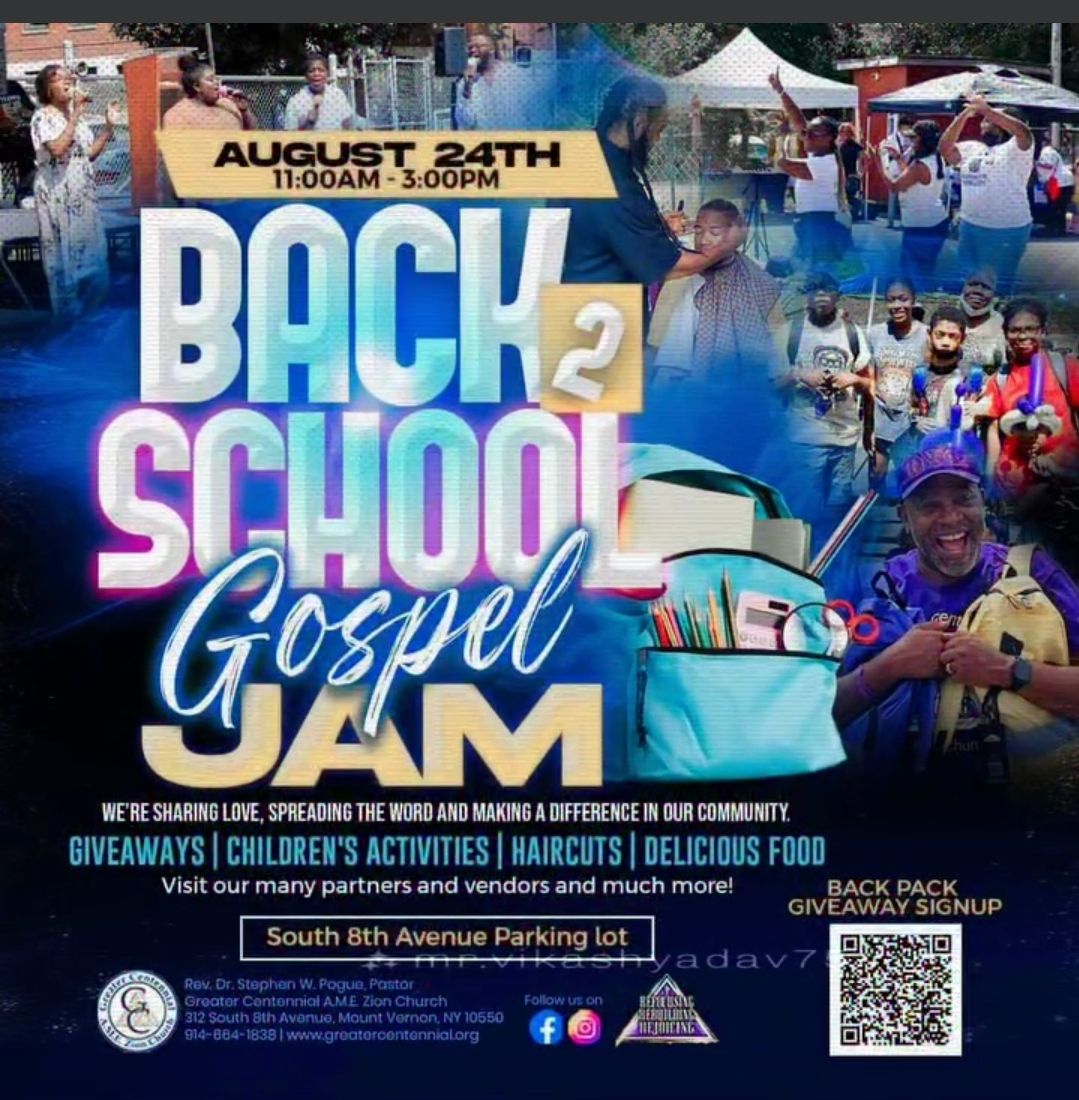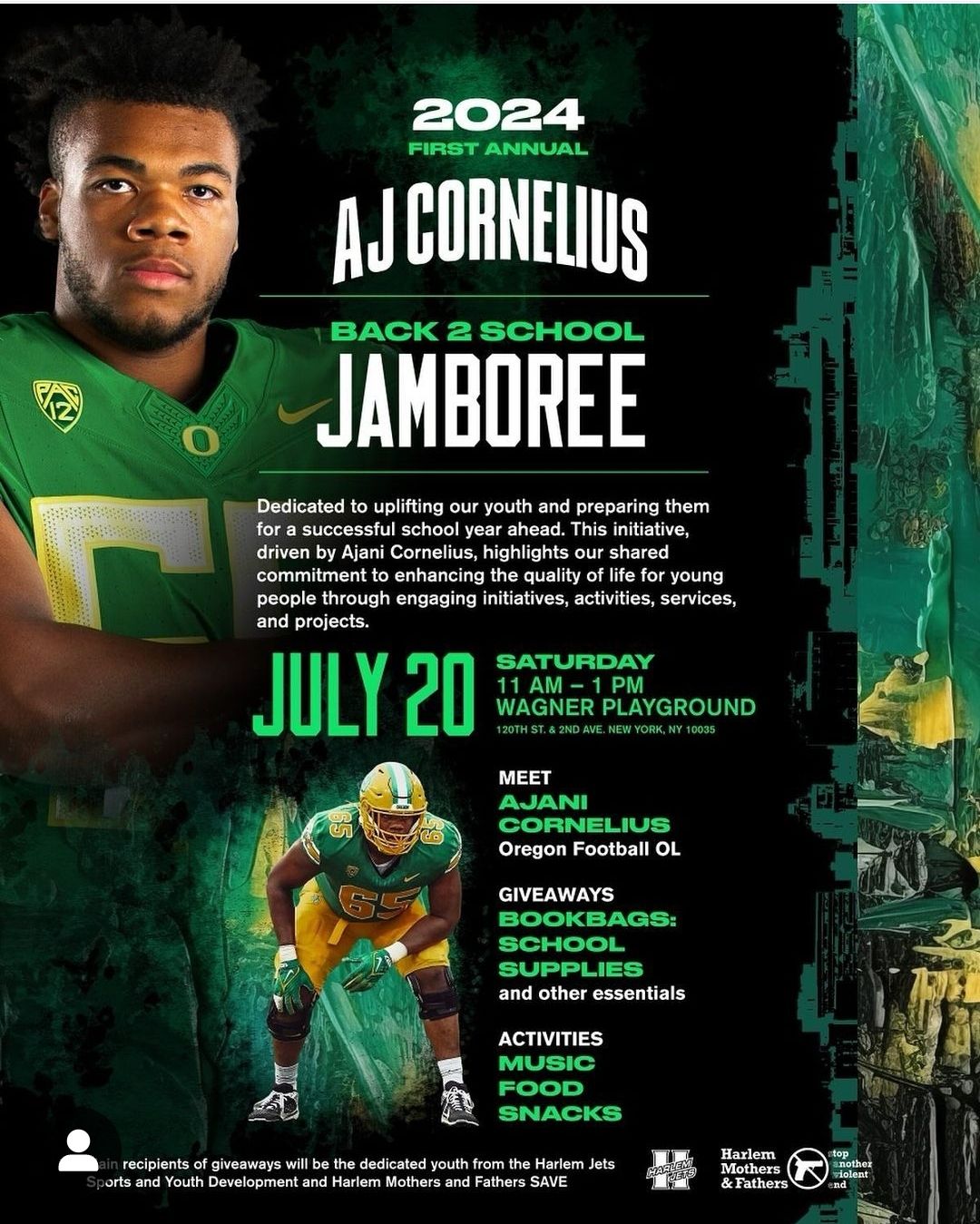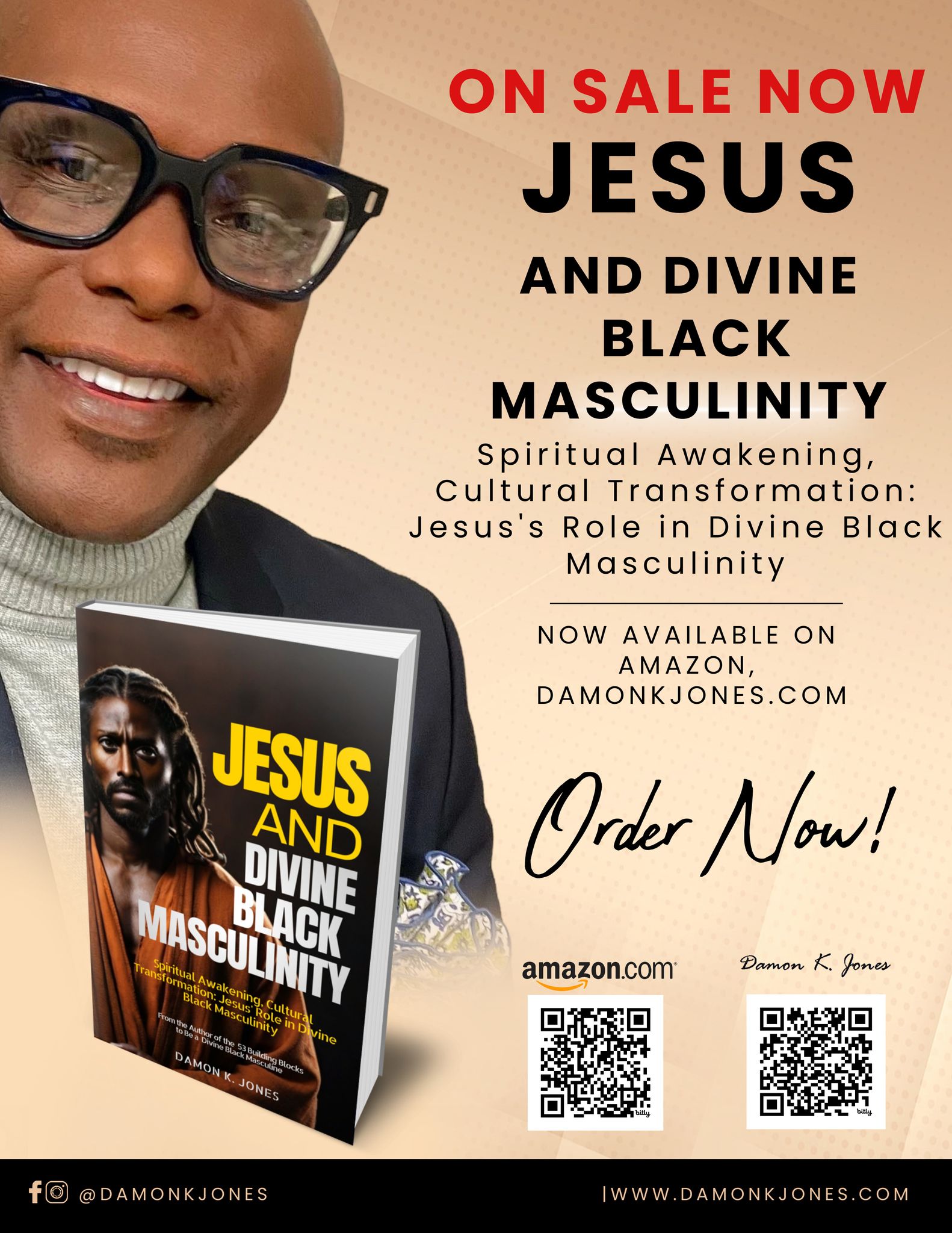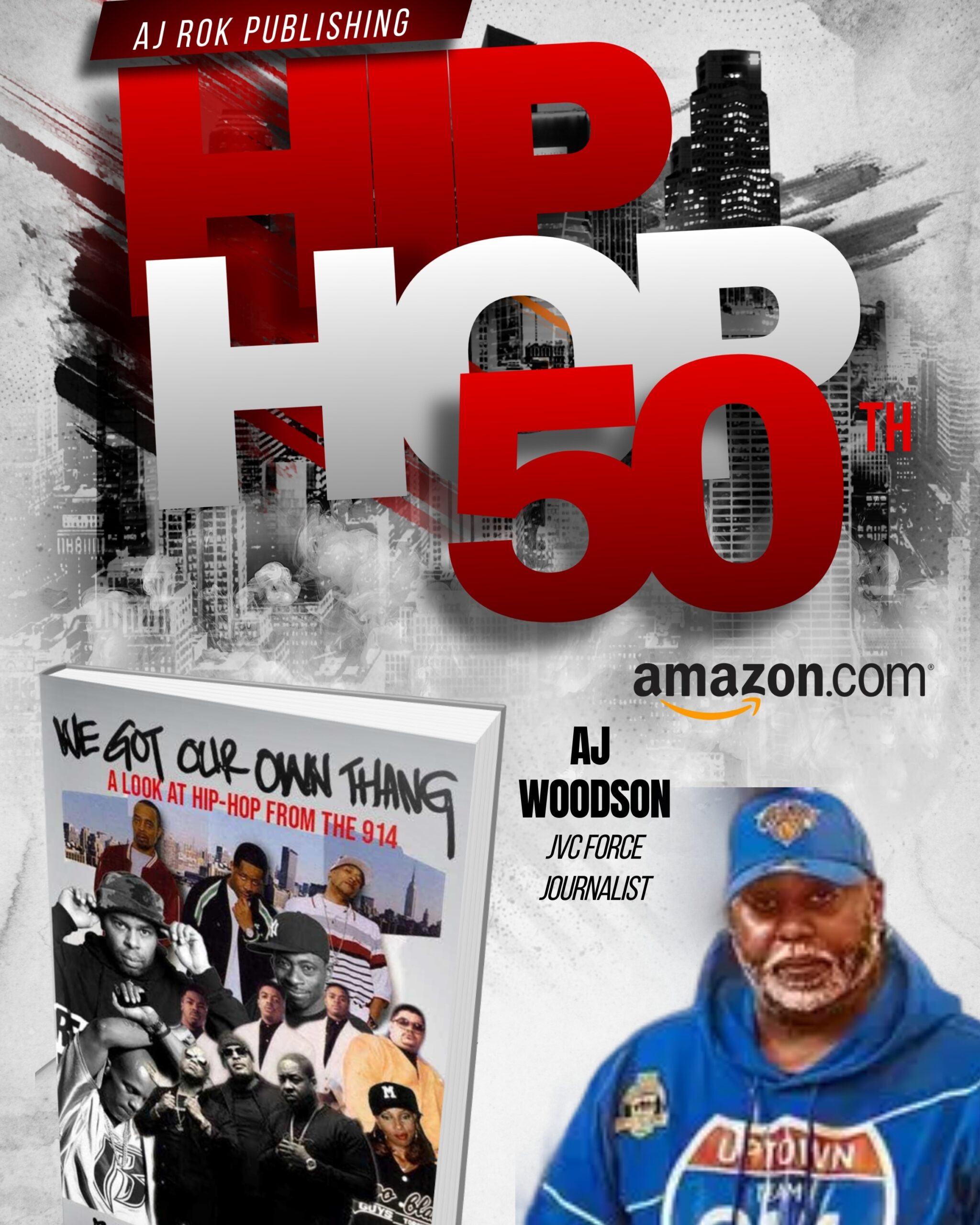In the face of persistent challenges plaguing Black communities, including economic disparities, failing schools, high crime rates, and fractured families, Black religious leaders must reevaluate their priorities and remember their primary calling as servants of God. The apostle Paul warns in 1 Corinthians 10:20-21, “No, I imply that what pagans sacrifice they offer to demons and not to God. It would help if you were not participants with demons. You cannot drink the cup of the Lord and the cup of demons. You cannot partake of the table of the Lord and the table of demons.” This passage is a stark reminder that prioritizing worldly influence over faithful service to God can lead to compromised faith and a failure to effectively minister to the community’s needs.
The Role of the Black Church
Historically, the Black Church has been a pillar of strength, hope, and guidance for African American communities. From the days of slavery to the Civil Rights Movement and beyond, Black religious leaders have played a vital role in advocating for justice, equality, and the well-being of their congregations. The church has served as a sanctuary, a community center, and spiritual nourishment for generations of Black Americans, embodying the words of Jesus in Matthew 11:28, “Come to me, all you who are weary and burdened, and I will give you rest.”
However, as political influence has become increasingly intertwined with religious leadership, some Black clergy members have found themselves prioritizing worldly power and prestige over their spiritual duties. This shift in focus can have detrimental effects on the communities they serve, as the urgent needs of the people take a backseat to political maneuvering and self-promotion. The book of James warns against this, stating, “You adulterous people, don’t you know that friendship with the world means enmity against God? Therefore, anyone who chooses to be a friend of the world becomes an enemy of God” (James 4:4).
The Consequences of Misplaced Priorities
When Black religious leaders become more concerned with currying political favor than with preaching the unadulterated word of God, they risk losing sight of the very people they are called to serve. As a result, the issues plaguing Black communities – economic inequality, educational disparities, crime, and family breakdown – may go unaddressed or even worsen.
1. Economic Development
Black communities often struggle with limited economic opportunities, high unemployment rates, and a lack of access to financial resources. When religious leaders prioritize political gain over the economic empowerment of their congregations, they miss the opportunity to create meaningful change. The Bible reminds us in Proverbs 14:31, “Whoever oppresses the poor shows contempt for their Maker, but whoever is kind to the needy honors God.” By focusing on initiatives such as financial literacy programs, entrepreneurship training, and partnerships with local businesses, churches can help build a foundation for sustainable economic growth within their communities.
2. Education
The quality of education in many Black neighborhoods is often subpar, with underfunded schools, inadequate resources, and limited opportunities for advancement. Religious leaders who are more concerned with political influence than with the education of their youth are failing to invest in the future of their communities. Proverbs 22:6 instructs, “Train up a child in the way he should go: and when he is old, he will not depart from it.” By advocating for better funding, supporting after-school programs, and encouraging academic excellence, churches can play a vital role in closing the achievement gap and ensuring that Black children have access to quality education.
3. Crime and Violence
High crime rates and violence are tragic realities in many Black communities, leaving families and individuals traumatized and trapped in cycles of poverty and despair. When religious leaders prioritize political power over addressing the root causes of crime, they do a disservice to those they are called to protect. The Bible teaches in Micah 6:8, “He has shown you, O mortal, what is good. And what does the Lord require of you? To act justly, love mercy, and walk humbly with your God.” By offering youth mentorship programs, promoting conflict resolution skills, and partnering with law enforcement to build trust and accountability, churches can help to create safer, more stable communities.
4. Family Structure
The breakdown of the family unit is a significant challenge facing Black communities, with high rates of single parenthood, absent fathers, and intergenerational trauma. Religious leaders prioritizing political gain over the strengthening of families are missing an opportunity to effect lasting change. The apostle Paul writes in Ephesians 5:25, “Husbands, love your wives, just as Christ loved the church and gave himself up for her.” By offering marriage and parenting classes, supporting single parents, and promoting healthy relationships, churches can help rebuild the foundation of strong, resilient families.
The Need for Authentic Leadership
To effectively address Black communities’ challenges, religious leaders must recommit themselves to their primary calling as servants of God. This requires a willingness to speak truth to power, even when it may be unpopular or politically inconvenient. As the prophet Jeremiah declared, “But as for me, I have not hurried away from being a shepherd in your service. I have not desired the fatal day. You know that the utterance of my lips was in your presence” (Jeremiah 17:16).
Authentic leadership also demands a commitment to integrity and transparency. Religious leaders engaging in political dealings must be accountable to their congregations and the wider community, ensuring their actions align with their stated values and beliefs. They must be willing to challenge the status quo and work collaboratively with other community leaders to find solutions to the pressing issues at hand. As the apostle Paul wrote in 1 Thessalonians 2:4, “On the contrary, we speak as those approved by God to be entrusted with the gospel. We are not trying to please people but God, who tests our hearts.”
The Power of Faith Communities
When Black religious leaders prioritize their faith over political influence, they unlock the potential for transformative change within their communities. Faith-based initiatives, grounded in love, compassion, and service, can address the unique needs of Black neighborhoods in ways that political programs often cannot. Jesus himself declared in Matthew 25:40, “Truly I tell you, whatever you did for one of the least of these brothers and sisters of mine, you did for me.”
For example, church-based mentorship programs can provide young people with positive role models and guidance, helping to steer them away from crime and violence. Job training and career development initiatives, offered in partnership with local businesses and organizations, can equip individuals with the skills and resources they need to achieve economic stability. Health and wellness programs, such as community gardens and fitness classes, can promote physical and mental well-being, addressing the health disparities that often plague Black communities. The book of Jeremiah reminds us, “For I know the plans I have for you,” declares the Lord, “plans to prosper you and not to harm you, plans to give you hope and a future” (Jeremiah 29:11).
The Importance of Collaboration
Addressing Black communities’ complex challenges requires collaboration and partnership among religious leaders, community organizations, and elected officials. While Black clergy must maintain their independence and prophetic voice, they must also be willing to work with others who share their vision for a more just and equitable society. The Psalmist writes, “Behold, how good and pleasant it is when brothers dwell in unity!” (Psalm 133:1).
This collaboration can take many forms, from interfaith coalitions advocating for policy changes to partnerships with nonprofit organizations providing essential services. By building bridges and working together, Black religious leaders can amplify their impact and ensure that their communities’ needs are being met holistically.
The call to prioritize faith over political favor is not easy, but it is necessary for Black religious leaders who truly wish to serve their communities. By remembering their primary identity as servants of God, clergy members can avoid the pitfalls of compromised integrity and misplaced priorities. They can focus their energies on addressing the urgent needs of their congregations, from economic development and education to crime prevention and family support.
As the apostle Paul exhorts in Galatians 6:9, “Let us not become weary in doing good, for at the proper time we will reap a harvest if we do not give up.” Through authentic leadership, faith-based initiatives, and collaborative partnerships, Black religious leaders have the power to effect transformative change in their communities. By drinking deeply from the cup of the Lord and refusing to partake in the cup of demons, they can lead their congregations and neighborhoods toward a future of hope, healing, and prosperity. In doing so, they will fulfill their sacred calling and make a lasting impact on the lives of those they serve, embodying the words of Jesus in Matthew 5:16, “In the same way, let your light shine before others, that they may see your good deeds and glorify your Father in heaven.”










